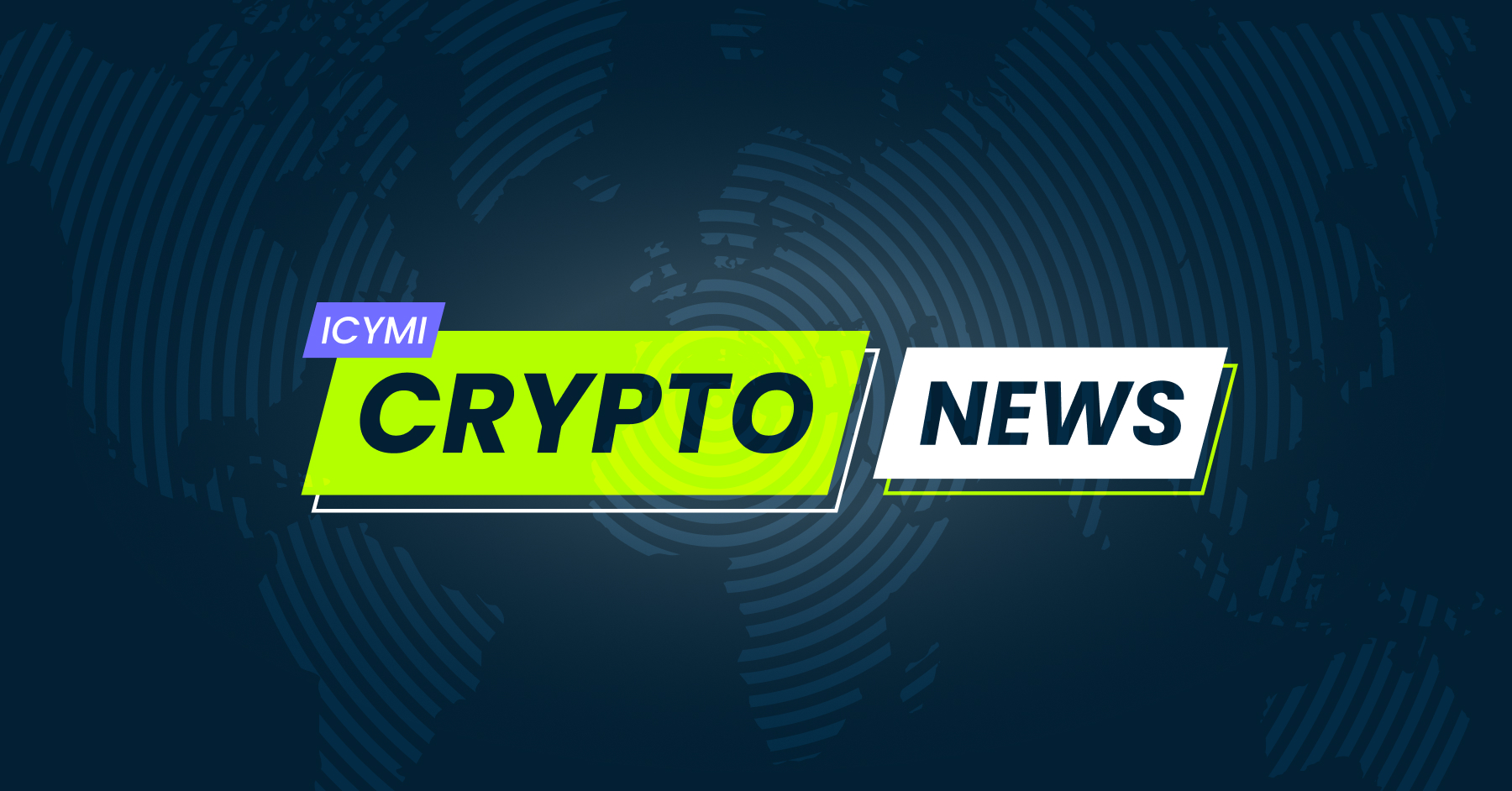copyright News Today: Major Market Movements and Forecasts
copyright News Today: Major Market Movements and Forecasts
Blog Article
Discovering the Impact of Governing Modifications and Technological Innovations on Today's Digital Currencies Headings
The crossway of regulative adjustments and technological developments is fundamentally modifying the landscape of digital currencies, motivating a re-evaluation of their role in the international economy. Governing bodies, such as the SEC and CFTC, are actively affecting exactly how digital possessions are categorized, while new innovations are boosting transaction effectiveness and security measures.
Current Regulatory Landscape
In the wake of quick innovations in digital money, the present governing landscape is advancing to address the intricacies and challenges positioned by these developments. Governments and regulative bodies around the world are grappling with how to effectively oversee this burgeoning market, which often transcends national boundaries.
Key governing approaches include the facility of structures that define electronic money, ensuring customer protection and preventing immoral tasks such as cash laundering and scams. In the United States, agencies like the Stocks and Exchange Payment (SEC) and the Commodity Futures Trading Payment (CFTC) are proactively involving in discussions to clear up the classification of various electronic possessions and their regulative implications.
Likewise, the European Union is advancing its Markets in copyright-Assets (MiCA) regulation, which intends to produce a cohesive regulative atmosphere throughout participant states. Countries like China have actually decided for more stringent steps, consisting of straight-out bans on particular copyright activities.
As this regulative landscape remains to create, it will be critical for stakeholders, consisting of organizations and consumers, to remain educated and adjust to the changing environment to reduce threats while exploiting on chances within the digital money sphere.
Secret Technological Innovations
Countless technological advancements are improving the landscape of digital money, considerably improving their capability and protection. One of one of the most critical advancements is the advancement of blockchain technology, which supplies a decentralized journal that makes certain openness and immutability of purchases. copyright news. This technology not just mitigates the danger of scams but likewise permits real-time transaction confirmation, promoting user count on
Furthermore, the appearance of smart agreements has reinvented how agreements are carried out within electronic money environments. These self-executing agreements facilitate automated transactions, removing intermediaries and decreasing prices connected with conventional agreement enforcement. Advancements in cryptographic strategies boost the safety of digital wallets, guarding individuals' properties from potential cyber risks.
One more noteworthy development is the combination of man-made knowledge in deal tracking and scams discovery, allowing platforms to identify dubious tasks immediately. The introduction of Layer 2 scaling remedies, such as the Lightning Network, addresses scalability problems, allowing for faster and less costly transactions on networks like Bitcoin.

Effect On Market Characteristics
Technical technologies in digital currencies have not only enhanced capability and safety but have also substantially transformed market dynamics. The intro of blockchain modern technology has actually increased transparency and decreased purchase prices, resulting in higher effectiveness in trading and financial investment. This has actually urged a much more diverse array of participants, from retail capitalists to institutional gamers, to involve with electronic money, thus enhancing market liquidity.
Moreover, the emergence of decentralized money (DeFi) systems best site has interrupted traditional economic systems, supplying users with alternative opportunities for loaning, borrowing, and trading. This change has actually promoted an affordable atmosphere where conventional banks are obliged to introduce or risk obsolescence (copyright news). With the surge of stablecoins, which supply cost stability amidst volatility, traders can now perform transactions with lowered danger, more influencing market actions
In addition, the assimilation of artificial knowledge and artificial intelligence in trading approaches enables for extra innovative market analysis and predictive modeling. Because of this, capitalists are better geared up to react to market variations, developing an extra vibrant trading environment. Jointly, these innovations are reshaping the landscape of electronic money, leading to a much more interconnected, competitive, and effective market.

Global Viewpoints on Regulation
Governing techniques to electronic money differ substantially around the world, typically mirroring differing financial top priorities, social mindsets towards development, and levels of technical fostering. In the United States, regulatory bodies such as the SEC and CFTC face defining Read Full Report the legal status of cryptocurrencies, concentrating on capitalist protection and market honesty. The European Union is advancing extensive governing structures like the Markets in copyright-Assets (MiCA) proposition, intending to produce a unified method that cultivates advancement while ensuring consumer security.
In comparison, nations like China have taken on a straight-out restriction on cryptocurrencies, prioritizing monetary control and financial security over technology. Conversely, countries such as El Salvador have actually accepted Bitcoin as legal tender, showcasing a vibrant dedication to financial addition and financial modernization.
Developing countries often discover themselves navigating a complex landscape, balancing the need for policy with the possible benefits of digital money in driving financial development. Generally, the international governing environment continues to be fragmented, with recurring discussions and adjustments as federal governments seek to strike an equilibrium between promoting development and mitigating risks connected with digital money. This vibrant landscape emphasizes the requirement for ongoing global collaboration and discussion amongst regulatory authorities.
Future Fads in Digital Currencies
As regulative structures evolve, the landscape of digital money is positioned for substantial makeover. Emerging fads suggest a convergence of governing clarity and technical innovation, which will certainly form the future of electronic money. Reserve these details Bank Digital Currencies (CBDCs) are anticipated to gain grip as federal governments explore their prospective to improve financial policy performance and monetary inclusion.
Simultaneously, decentralized finance (DeFi) platforms are expected to test conventional banking systems, using innovative monetary solutions that run without middlemans. This change can lead to a re-evaluation of existing regulations to fit the unique attributes of DeFi while guaranteeing consumer protection and systemic stability.
Moreover, the combination of expert system and device discovering in copyright trading and risk evaluation will certainly redefine financial investment methods and market characteristics. As electronic currencies come to be progressively mainstream, concerns such as cybersecurity threats and governing conformity will certainly demand robust solutions.
Lastly, public understanding and fostering will certainly play an essential function in determining the trajectory of electronic currencies. Boosted awareness and education and learning relating to the benefits and threats associated with digital currencies will drive approval, eventually affecting the regulative landscape and market developments in the years ahead.
Verdict

Report this page